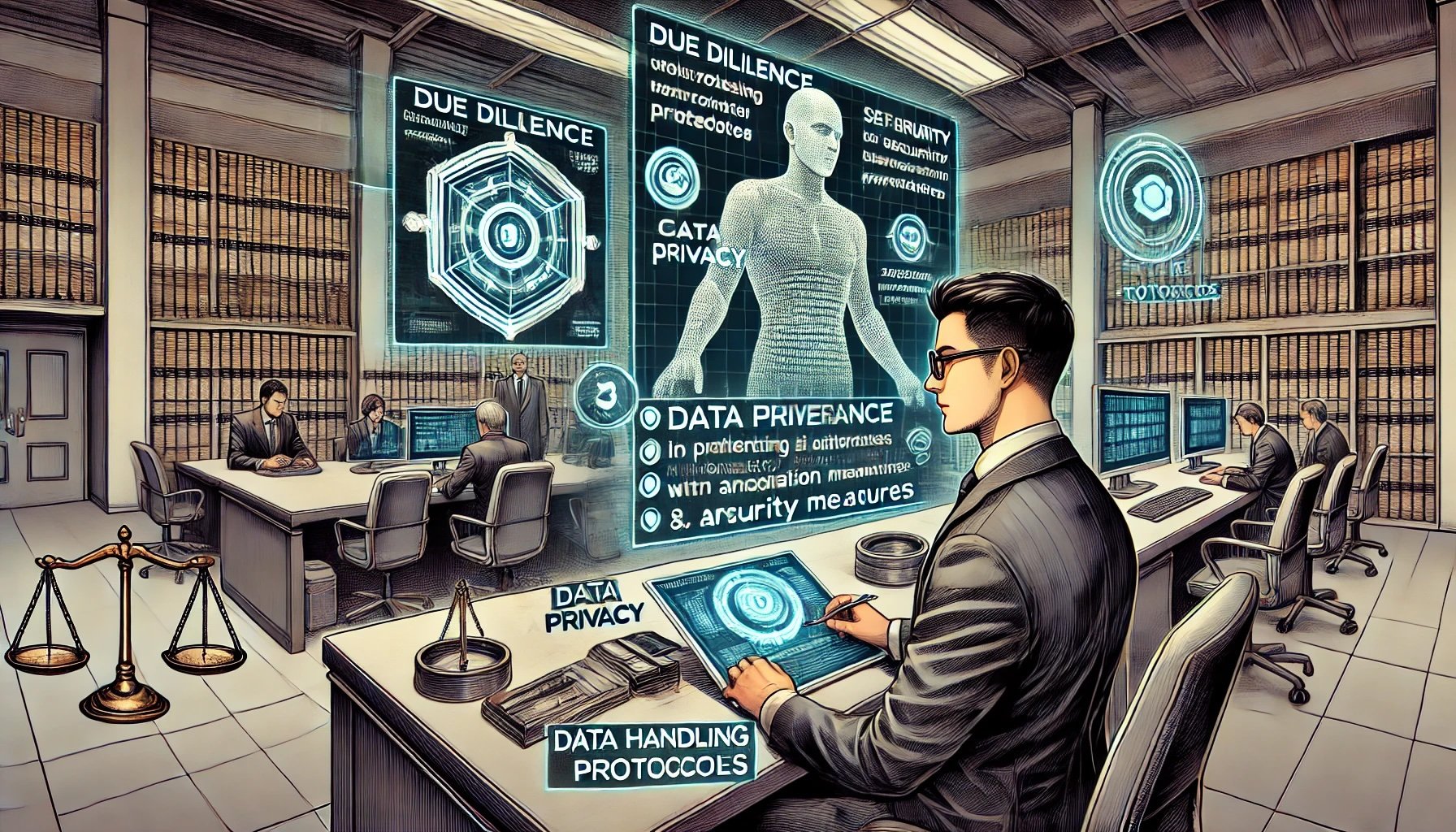MTC: AI in Law: Protecting Client Privacy While Embracing Legal Tech Innovation! 🚨
/Artificial intelligence is rapidly becoming an integral part of the software tools lawyers rely on daily. From legal research platforms to document management systems, AI is being baked into the very fabric of legal technology. For instance, Google's Gemini AI is now integrated into Gmail on Android devices, offering to summarize and organize emails. Similarly, Apple is developing its own AI called Apple Intelligence, which aims to enhance various aspects of its ecosystem. Even smartphone manufacturers like Google are incorporating advanced AI features into their latest devices, such as the Pixel 9 Pro XL, which offers AI-powered image editing and call transcription capabilities.
While these AI advancements promise increased efficiency and productivity, many lawyers are understandably wary of the technology's encroachment into their professional domain. The legal profession is built on a foundation of trust, confidentiality, and ethical obligations to clients. As AI becomes more prevalent, attorneys must grapple with the potential risks it poses to client privacy and data security.
One of the primary concerns is the protection of clients' personal identifiable information (PII) when using AI-powered tools. Lawyers have an ethical duty to safeguard client confidentiality, and the use of AI introduces new challenges in fulfilling this obligation. For example, when using AI-powered email summarization tools or document analysis software, there's a risk that sensitive client information could be inadvertently shared with third-party AI providers or stored in ways that compromise its security.
Moreover, the training of AI models raises additional privacy concerns. Apple's efforts to scrape content for AI training have met resistance from major publishers, highlighting the contentious nature of data collection for AI development. This underscores the need for lawyers to be vigilant about how client data is used and processed by AI systems they employ in their practice.
The legal profession must also contend with the potential for AI to introduce errors or biases into legal work. While AI can process vast amounts of information quickly, it lacks the nuanced understanding and ethical judgment that human lawyers bring to their practice. Overreliance on AI-generated content or analysis could lead to serious mistakes or ethical breaches if not properly vetted by legal professionals.
To navigate these challenges and protect client PII when using AI in legal work, lawyers should consider the following top three tips:
Conduct thorough due diligence on AI tools: Before adopting any AI-powered software, carefully review the provider's data privacy policies, security measures, and compliance with relevant regulations. Ensure that the AI tool does not retain or use client data for purposes beyond the specific task at hand.
Implement strict data handling protocols: Establish clear guidelines for how client information is input into AI systems. Use anonymization techniques when possible and limit the amount of PII shared with AI tools to only what is absolutely necessary for the task.
Maintain human oversight: Always review AI-generated content or analysis critically. Use AI as a supplementary tool rather than a replacement for legal expertise. Implement a process for human verification of AI outputs before they are used in client matters or legal proceedings.
As AI continues to evolve and integrate into legal practice, lawyers must remain vigilant in protecting their clients' interests and upholding their ethical obligations. By approaching AI adoption with caution and implementing robust safeguards, the legal profession can harness the benefits of this technology while maintaining the trust and confidentiality that are fundamental to the attorney-client relationship.
MTC










